Chive Companion Herbs That Will Boost Your Garden
Chive Companion Herbs That Will Boost Your Garden
Chives are a versatile herb that can be used in a variety of dishes, from savory soups and stews to sweet cakes and pastries. They are also a popular herb for companion planting, as they can help to repel pests and attract beneficial insects.
In this blog post, we will discuss some of the best companion herbs for chives. We will also provide some tips on how to plant and care for these herbs together.
Why Companion Plant Chives?
There are a number of reasons why you might want to consider companion planting chives. First, chives are known to repel a variety of pests, including aphids, cabbageworms, and carrot flies. This can help to protect your other plants from damage and disease.
Second, chives attract beneficial insects, such as ladybugs and honeybees. These insects can help to pollinate your plants and control pests.
Third, chives can help to improve the soil quality in your garden. They release sulfur compounds that can break down organic matter and make nutrients more available to other plants.
What Herbs Grow Well with Chives?
There are a number of herbs that grow well with chives. Some of the most popular companion herbs for chives include:
- Basil: Basil is a popular herb that is known to repel mosquitoes and other pests. It also helps to improve the flavor of tomatoes and other vegetables.
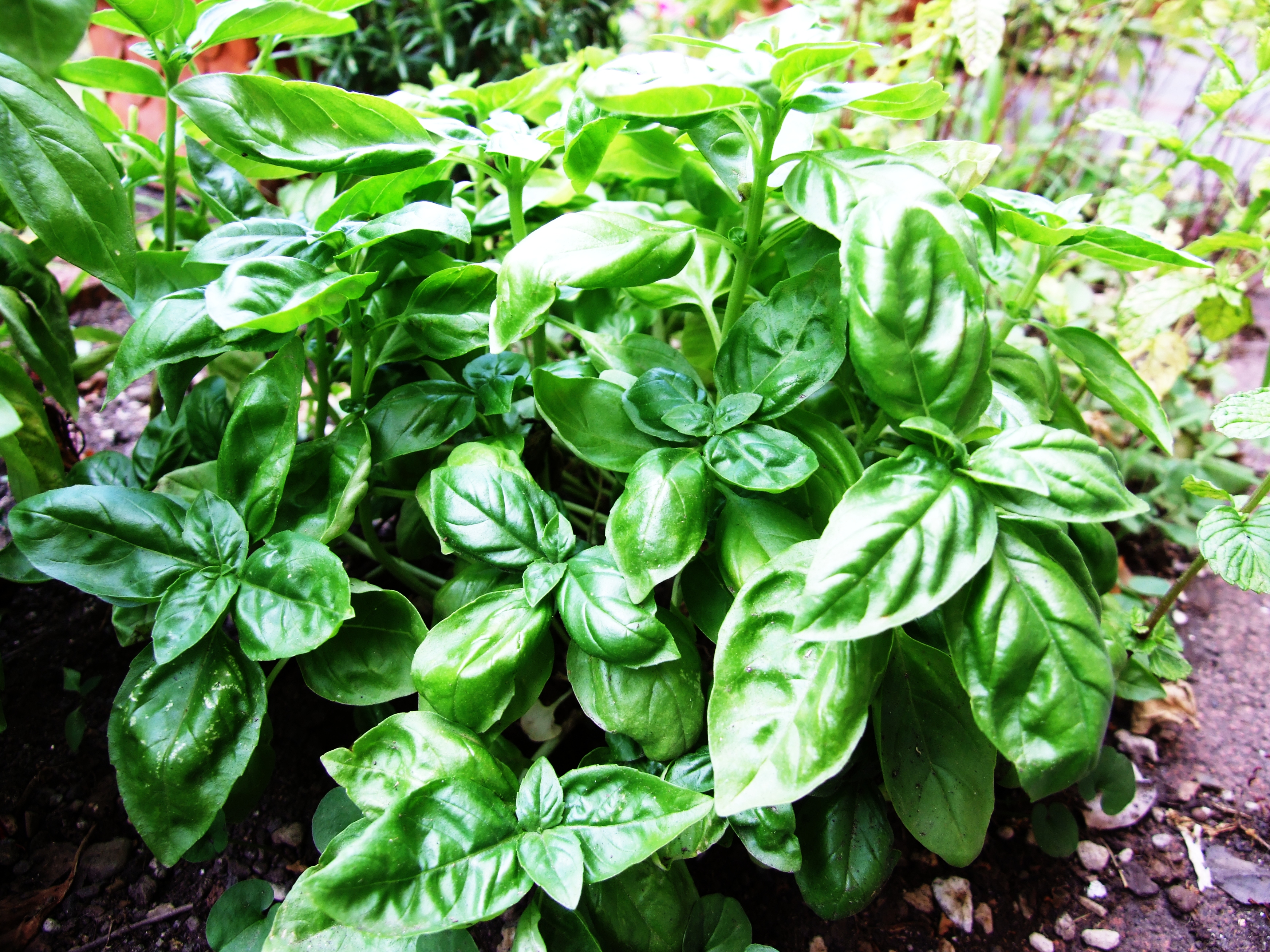
- Cilantro: Cilantro is another popular herb that is known to repel pests. It also helps to improve the flavor of salsa, guacamole, and other Mexican dishes.
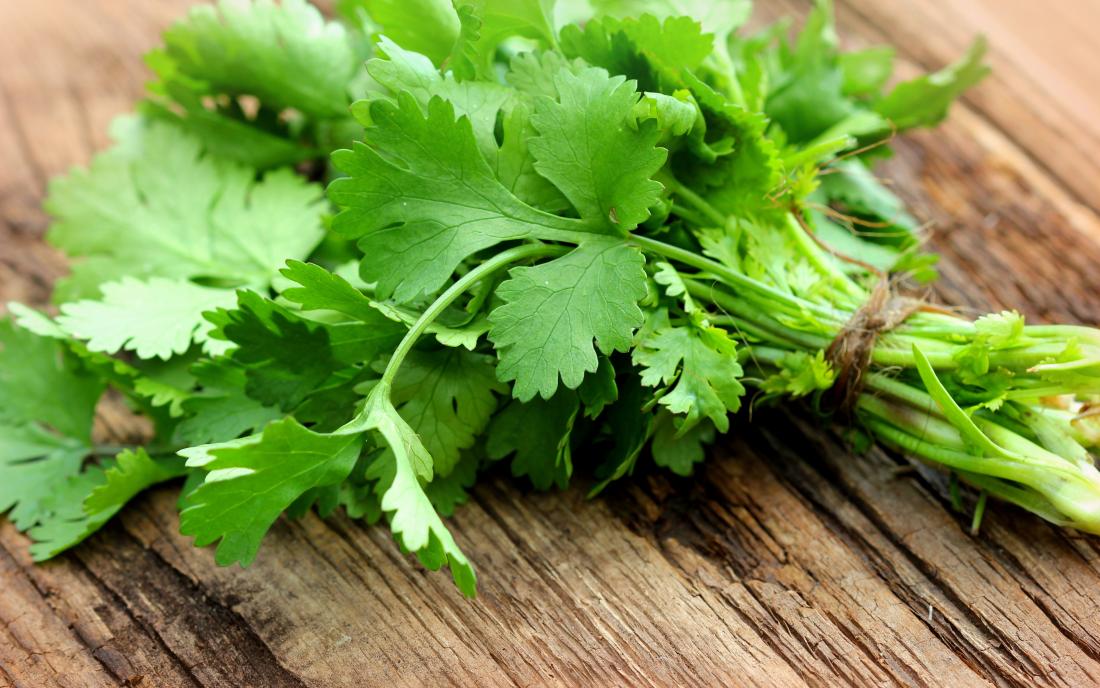
- Dill: Dill is a fragrant herb that is known to attract beneficial insects, such as ladybugs and honeybees. It also helps to improve the flavor of cucumbers, carrots, and other vegetables.
- Marjoram: Marjoram is a Mediterranean herb that is known to improve the flavor of tomatoes, peppers, and other vegetables. It also helps to repel pests.
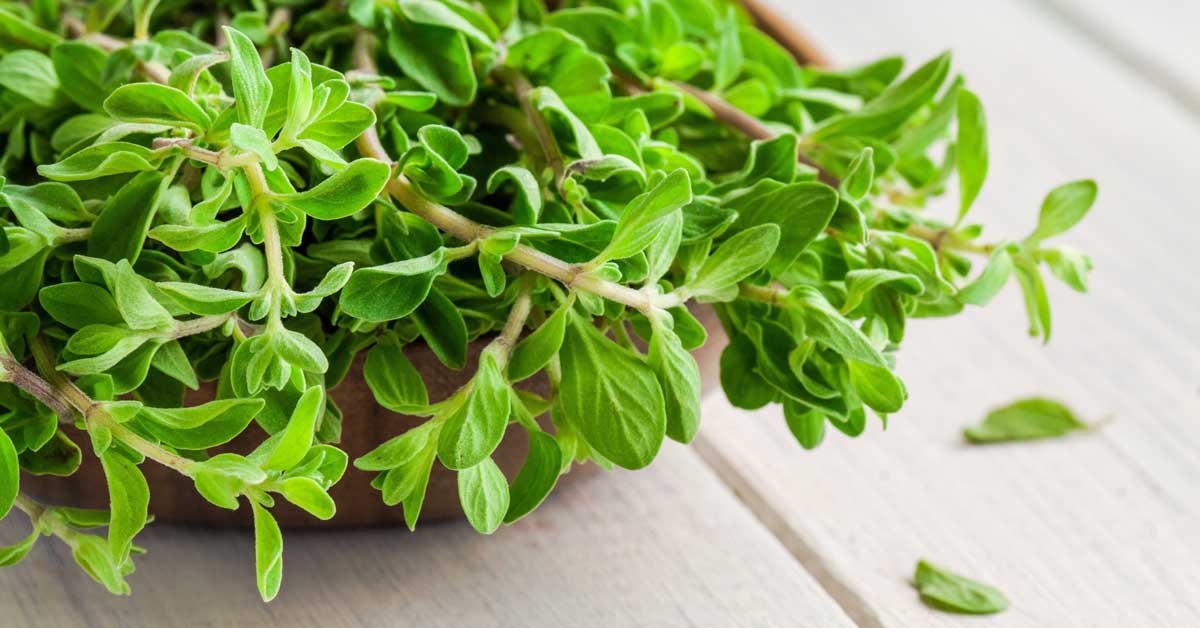
- Parsley: Parsley is a versatile herb that can be used in a variety of dishes. It is also known to attract beneficial insects and improve the flavor of tomatoes, carrots, and other vegetables.

- Tarragon: Tarragon is a French herb that is known to improve the flavor of chicken, fish, and eggs. It also helps to repel pests.
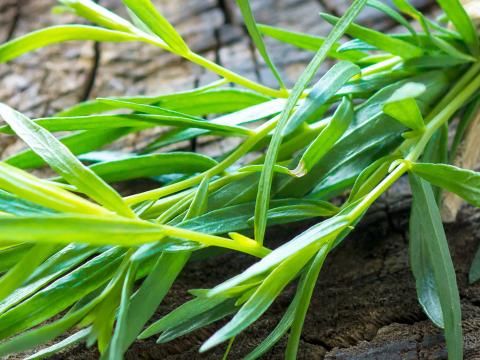
How to Plant Chives with Companion Herbs
When planting chives with companion herbs, it is important to consider the different growth habits of each herb. For example, chives are a relatively low-growing herb, while basil and cilantro can grow quite tall. To avoid overcrowding, it is a good idea to plant chives in the center of a bed or border, with the taller herbs planted around the edges.
You can also plant chives with companion herbs in containers. When planting in containers, it is important to choose a pot that is large enough for the roots of all of the herbs to grow comfortably. You should also make sure that the pot has drainage holes to prevent the roots from sitting in water.
How to Care for Chives and Companion Herbs
Chives and companion herbs are relatively easy to care for. They need full sun and well-drained soil. You should water them regularly, especially during hot weather.
To help keep the soil around your chives and companion herbs healthy, you can add compost or manure to the soil every few months. You should also deadhead flowers from your chives and companion herbs regularly to encourage new growth.
Conclusion
Chives are a versatile and easy-to-grow herb that can be used in a variety of dishes. They are also a great companion plant for a number of other herbs. By planting chives with companion herbs, you can help to protect your plants from pests, attract beneficial insects, and improve the overall health of your garden.
Chives are a versatile herb that can be used in many different dishes. They are also known to repel pests and improve the growth of other plants. If you are looking for the perfect companion herbs for your chives, then you need to visit Gardenia Inspiration.
At Gardenia Inspiration, you will find a comprehensive guide to chive companion planting. The guide includes information on which herbs grow well with chives, as well as the benefits of companion planting. You will also find tips on how to plant and care for your chives, so that you can enjoy their fresh flavor all season long.
In addition to the guide, Gardenia Inspiration also offers a variety of other resources on gardening, including articles, videos, and forums. Whether you are a beginner or a seasoned gardener, you can find everything you need to know about growing chives and other herbs at Gardenia Inspiration.
FAQ of chives companion herbs
Q: What are some good companion plants for chives?
A: Chives are a versatile herb that can be planted alongside a variety of other plants. Some of their best companions include:
- Alliums: Chives are an Allium, so they can be planted alongside members of that same family, like onions, leeks, scallions, and garlic. These plants all have similar needs and can help to repel pests and diseases.
- Beans: Chives can help to improve the nitrogen content of the soil, which is beneficial for beans.
- Carrots: Chives can help to repel carrot flies, which are a common pest of carrots.
- Strawberries: Chives can help to deter slugs and snails, which can be a problem for strawberries.
- Tomatoes: Chives can help to improve the flavor of tomatoes and can also help to repel pests like tomato hornworms.
Q: What are some herbs that should not be planted near chives?
A: There are a few herbs that should not be planted near chives, as they can compete for nutrients or water. These include:
- Basil: Basil and chives are both members of the mint family, and they can compete for water and nutrients.
- Cabbage: Cabbage can attract pests that also target chives, such as cabbage loopers and aphids.
- Melons: Melons and chives have different soil pH requirements, so planting them together can lead to nutrient deficiencies in one or both plants.
- Peas: Peas can attract pea moths, which can also damage chives.
- Spinach: Spinach and chives have different water requirements, so planting them together can lead to one or both plants being overwatered or underwatered.
Q: How do chives benefit other plants?
A: Chives can benefit other plants in a number of ways. They can:
- Repel pests: Chives have a strong scent that can repel pests like aphids, carrot flies, and tomato hornworms.
- Improve soil quality: Chives are a nitrogen-fixing plant, which means they can help to improve the nitrogen content of the soil. This can benefit other plants that need nitrogen, such as tomatoes and beans.
- Attract pollinators: Chives are a good source of nectar for pollinators like bees and butterflies. These pollinators can help to pollinate other plants in the garden, which can lead to a better harvest.
Q: How far apart should chives be planted from other plants?
A: Chives should be planted about 6 inches apart from other plants. This gives them enough space to spread out and grow. If you are planting chives in rows, the rows should be about 12 inches apart.
Q: How do I know if chives are compatible with other plants?
A general rule of thumb is to plant chives with other herbs that have similar growing conditions. This means that they should have similar sunlight, water, and soil pH requirements. You can also consult a companion planting chart to see which herbs are compatible with chives.
Image of chives companion herbs
Here are 5 different images of chives companion herbs from Pinterest:
- Image 1: Chives and tomatoes. Chives can help to deter pests from tomatoes, such as aphids and spider mites.
- Image 2: Chives and carrots. Chives can help to repel carrot root fly, a common pest of carrots.
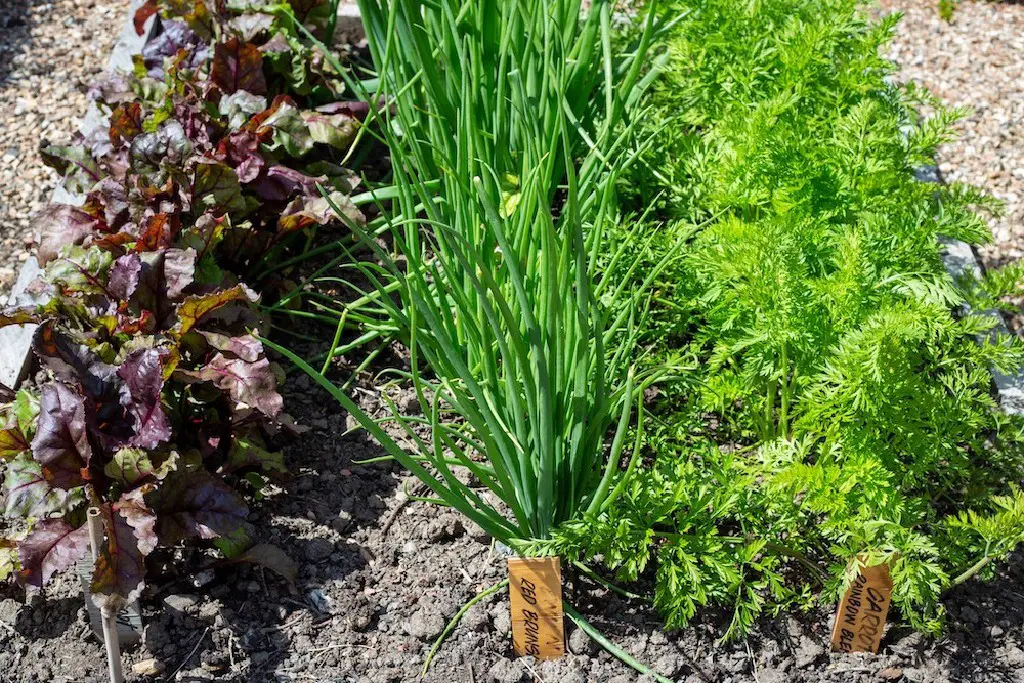
- Image 3: Chives and roses. Chives can help to deter aphids and other pests from roses.

- Image 4: Chives and strawberries. Chives can help to repel slugs and snails from strawberries.

- Image 5: Chives and lavender. Chives and lavender are both deer-resistant herbs, so they can be planted together to deter deer from your garden.
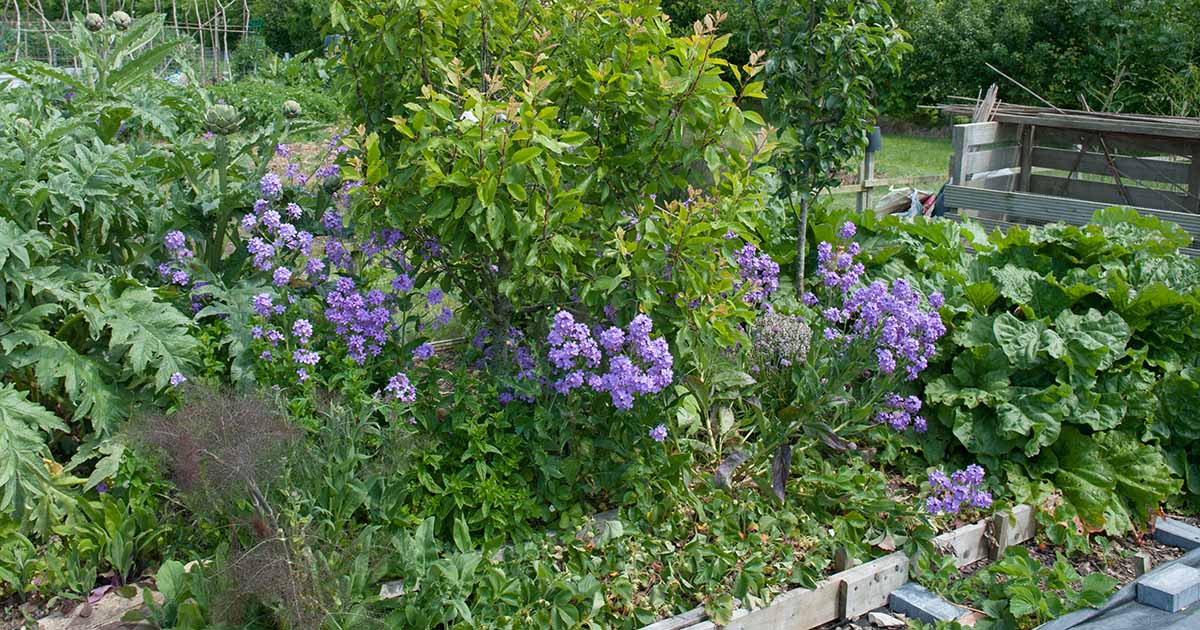
Post a Comment for " Chive Companion Herbs That Will Boost Your Garden"